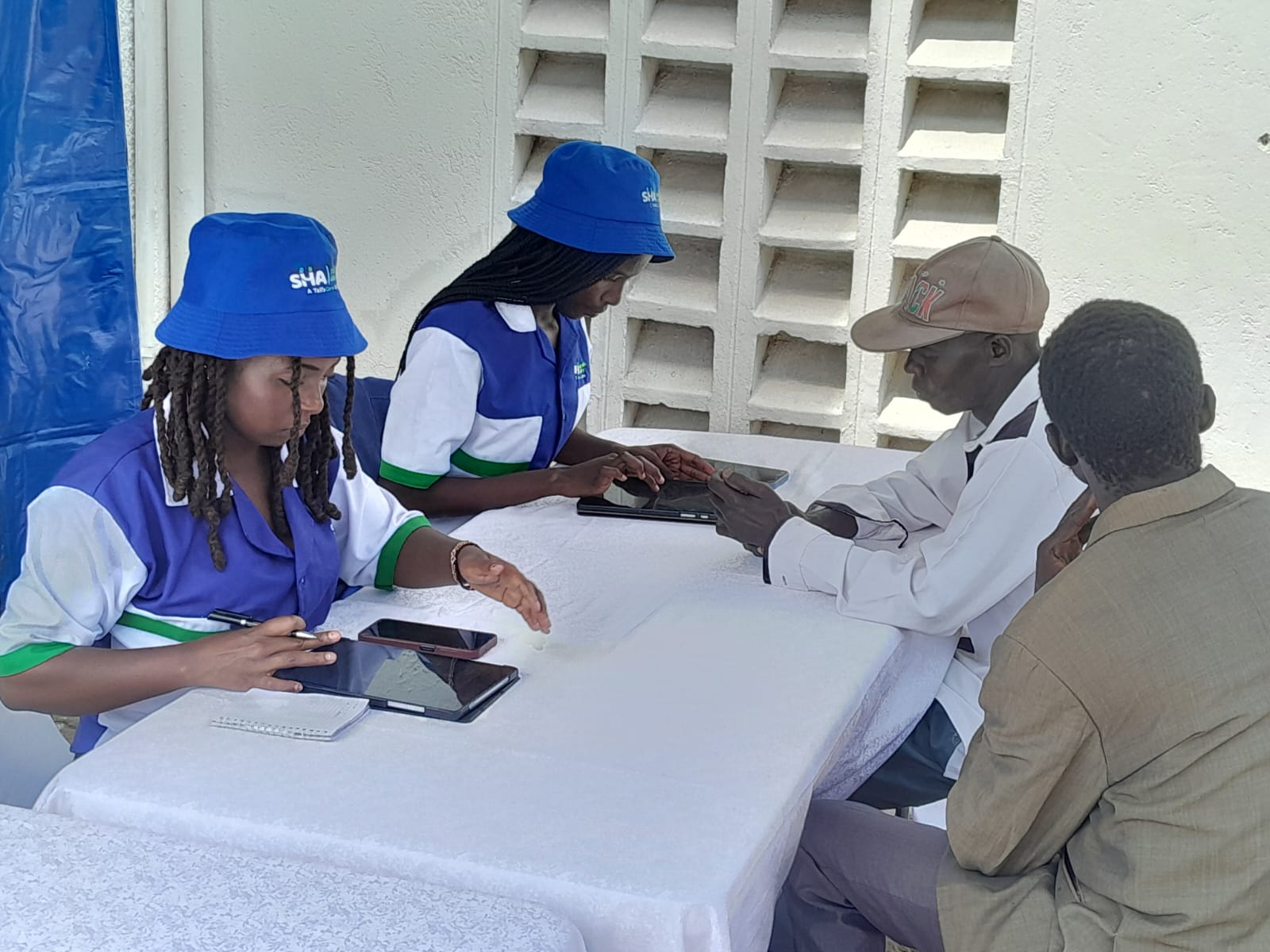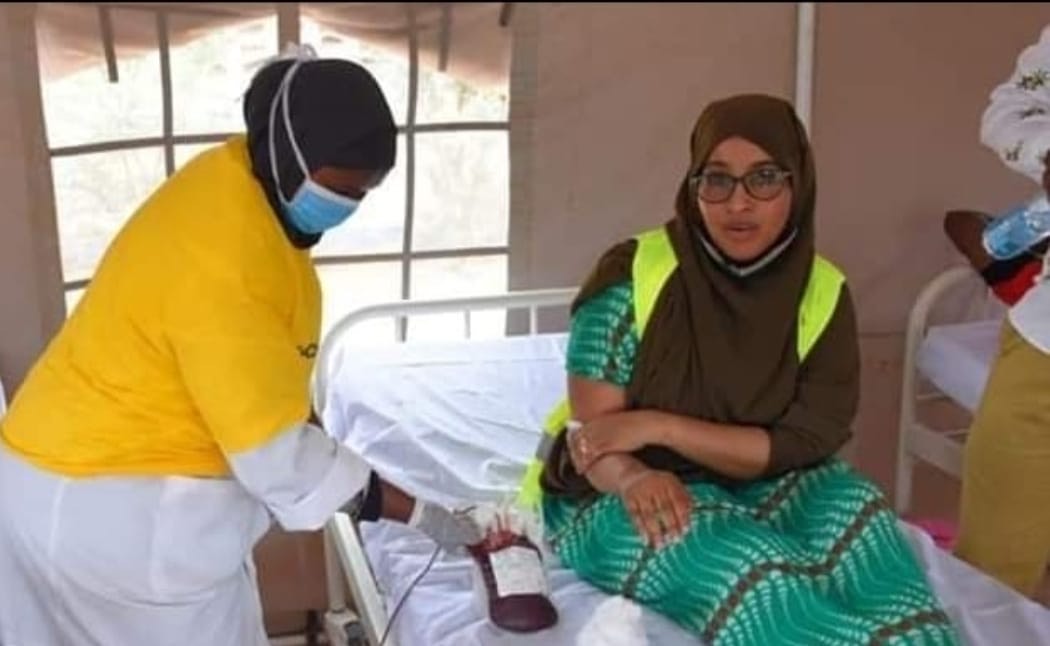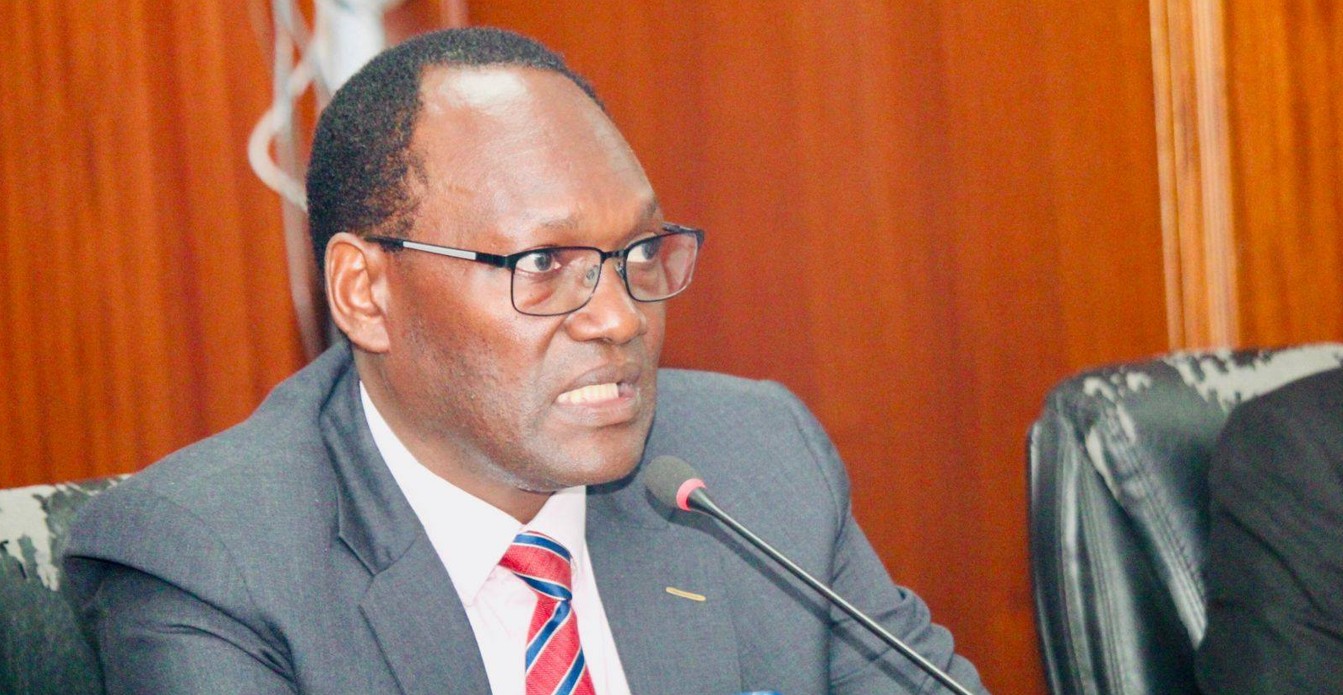One in four Kenyans remain jobless, TIFA survey shows

The survey also shows that 10 per cent of respondents are students, six per cent are homemakers, two per cent are temporarily laid off, and one per cent are retired.
A recent TIFA survey shows that one in every four Kenyans is currently unemployed, highlighting the persistent challenge of joblessness in the country.
The national poll, conducted between August 23 and September 3, 2025, reveals that only 25 per cent of Kenyans are employed in full-time jobs, while 23 per cent are self-employed and 15 per cent work part-time.
More To Read
- 73% of Kenyans believe government not doing enough to stop abductions, extra-judicial killings - TIFA Report
- Broad-based government gains 7 per cent support but faces rising opposition - TIFA
- COTU demands withdrawal of Business Laws Bill, citing threat to workers’ rights
- Blow to content creators as court declines to suspend ban on online alcohol ads
- Details of newly launched Kenya Digital Token which seeks to bring millions into digital economy
- From stalls to screens: Eastleigh traders power quiet digital revolution through social media
The survey also shows that 10 per cent of respondents are students, six per cent are homemakers, two per cent are temporarily laid off, and one per cent are retired.
These findings underline the difficulties facing the government in closing the employment gap, despite initiatives such as labour mobility programmes, affordable housing projects, and the Nairobi River regeneration efforts.
The challenge is compounded by the thousands of youth entering the job market each year, often facing limited opportunities or a mismatch between their skills and available jobs.
To address this, initiatives like the Youth Enterprise Development Fund and Uwezo Fund provide affordable loans and business support, encouraging young people and women to become job creators rather than job seekers.
The Ajira Digital Programme has also emerged as a key intervention, equipping young people with skills for online work, gig jobs, and remote opportunities in the digital economy.
Additionally, the Access to Government Procurement Opportunities (AGPO) initiative reserves a percentage of government tenders for youth, women, and persons with disabilities, stimulating business growth and employment.
While these government programmes aim to create a more inclusive and dynamic job market, President William Ruto’s campaign promise of generating a million jobs annually has yet to be realised.
The interviews were conducted across 9 zones: Nairobi, Northern, Nyanza, South Rift, Western, Mt Kenya, Central Rift, Coast and Lower Eastern
The survey has a margin of error of +/- 2.17 per cent.
It was conducted through face-to-face (household-based) interviews, primarily in Kiswahili, with some in English.
Top Stories Today











































